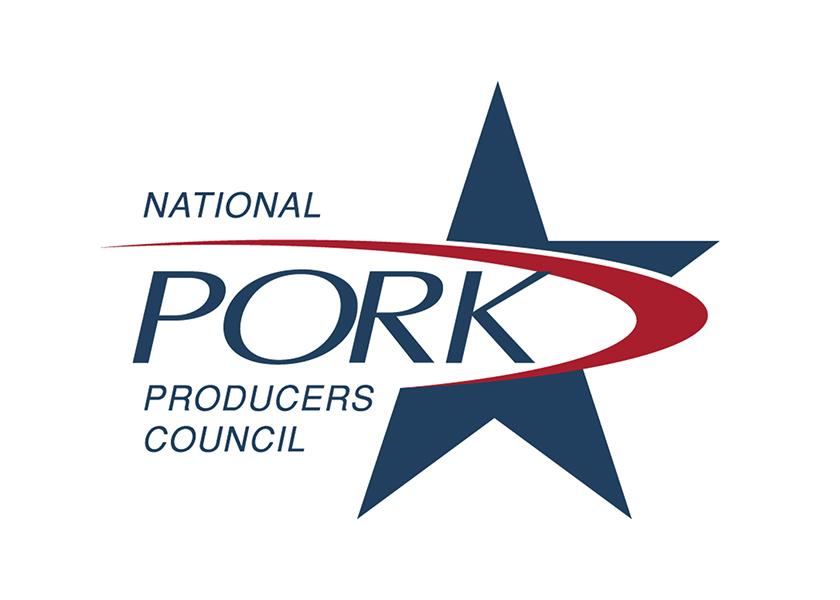NPPC Applauds USDA Oversight of Gene-Edited Livestock

By National Pork Producers Council
In an advanced notice of proposed rulemaking, the Trump administration announced its intention on Dec. 21 for the USDA to have primary oversight over gene-edited livestock, a decision applauded by the National Pork Producers Council (NPPC). Gene editing is a promising new technology that can help farmers breed healthier, more resilient animals. NPPC was the leading advocate for USDA regulatory oversight over the last two years when the U.S. Food and Drug Administration (FDA) was claiming jurisdiction.
Gene editing is used to make specific changes within an animal’s own genome. Gene editing will allow U.S. farmers to produce animals that are more disease-resistant, require fewer antibiotics and have a reduced environmental footprint. Many changes made through gene editing could be achieved through conventional breeding. However, the cost and timeframe for approval of these type of edits is prohibitive under the FDA. Notwithstanding its significant promise, U.S. agriculture had been in a holding pattern, as USDA and the FDA were locked in a regulatory tug of war over authority on gene editing in livestock. Meanwhile, China, Brazil, Canada and other global competitors moved ahead in the race to pursue this technology.
“Today’s announcement is a big step forward for America’s farmers, who have weathered significant challenges over the past few years,” said NPPC President Howard “AV” Roth, a pork producer from Wauzeka, Wis. “FDA regulation of gene editing will result in an impractical, lengthy and expensive approval process. Thankfully, that is not the administration’s intended plan. This announcement represents a critical milestone to ensuring American agriculture maintains its global competitive edge.”
The USDA’s Animal and Plant Health Inspection Service (APHIS) already has a review process in place for gene editing in plants, which can serve as a model for livestock. Today’s proposal is the first step in this process, and NPPC looks forward to USDA and FDA promptly signing a formal agreement on the regulation of this promising new technology in livestock.
Whenever new technologies are introduced, consumer acceptance is critical. The U.S. pork industry is committed to transparency when using this technology in the future; there are currently no gene-edited pigs entering the food supply. The focus now is on establishing a regulatory framework that will not stifle innovation and drive use of this breakthrough technology overseas. NPPC will always support the rights of consumers and hog farmers to have choice.
USDA’s rulemaking has a 60-day comment period. NPPC will be providing formal comments and will remain engaged to ensure USDA has primary oversight of gene editing in livestock.
Read more from Farm Journal's PORK:
USDA Oversight of Gene-Edited Livestock: A Seismic Shift for Agriculture
Trade, ASF Prevention, Proposition 12 Top NPPC’s 2021 Priorities
NPPC Campaign Broadens Awareness of Gene Editing’s Promise
Ag Needs White House Support on Gene-Edited Livestock Oversight







